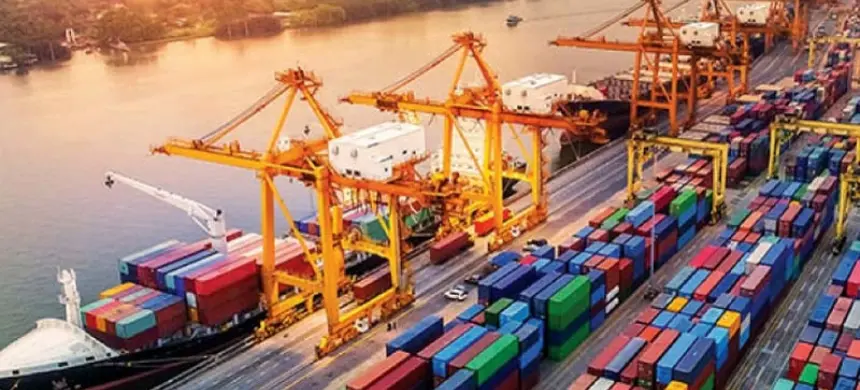The Finance Ministry has highlighted five major and persistent economic challenges facing Pakistan: fuel prices, poverty, inflation, food insecurity, and fiscal pressure.
According to the Ministry’s fifth quarterly performance report on the $1.5 billion Building Resilience with Active Country-cyclical Expenditures (BRACE) program, the ongoing Russian-Ukraine war has significantly impacted Pakistan’s economy, particularly through high fuel prices. These elevated prices have a cascading effect on various economic sectors, reducing consumption of petroleum products and affecting electricity production, industrial demand, transportation, and other areas.
Edible oil prices also heavily impact the GDP and household consumption, especially among poorer households. With Pakistan relying heavily on imported palm oil, any price increases can deteriorate the dietary quality for children and further strain low-income families.
The report notes that the war’s economic fallout exacerbates poverty, potentially increasing the national poverty rate by 3.7-4.0 percent and pushing an additional 8.4-9.1 million people into poverty. Rising inflation, particularly food inflation, coupled with increased prices for petroleum products, electricity, and gas, is expected to further diminish household consumption and exacerbate poverty, especially in rural areas.
The 2022 floods have also had a severe impact, affecting 33 million people and 1.8 million hectares of cropland, damaging crops and public infrastructure. This disaster has contributed to reduced economic growth for FY2023, higher poverty levels, increased food insecurity, and worsened dietary quality.
On the fiscal side, despite improved revenue performance, expenditures remain under pressure due to high markup payments. However, government measures to control non-markup spending have improved the primary surplus for the first half of fiscal year 2024. Federal Board of Revenue (FBR) revenues grew by 30 percent to Rs. 4,469 billion, while non-tax revenue increased by 108.8 percent.
The budget for the fiscal year 2024 shows that 19 percent of the annual budget was utilized in the first quarter. No subsidies were allocated for export-oriented industries, and pending claims for subsidized RLNG from 2022-2023 have been cleared from the re-appropriated budget.
Additionally, the Pakistan Agricultural Storage and Services Corporation (PASSCO) did not receive any allocation under the BRACE program for FY 2024, and the budget for urea fertilizer import subsidies has been allocated under a different grant. The Benazir Income Support Programme (BISP) disbursed Rs. 69,222 million to flood-affected families in FY 2022-2023, with funds re-allocated from emergency relief and unconditional cash transfer categories.











